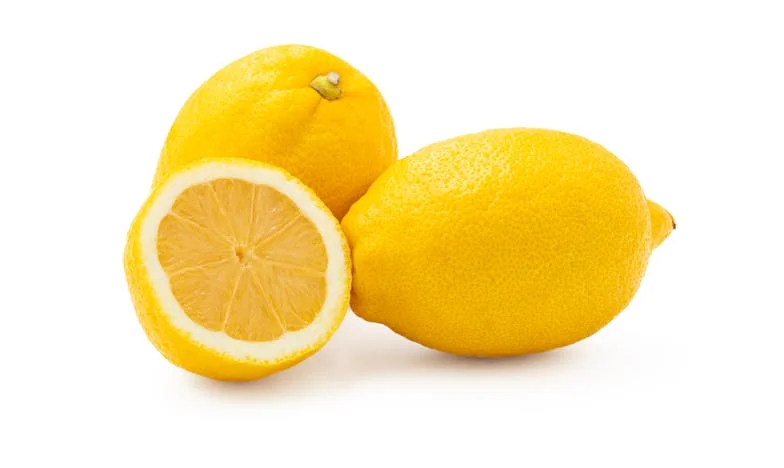You Never Even Said Thank You: A Story About Family, Regret, and the Race Against Time
“Marcin, your grandma Bronisława called again. She’s not feeling well. Maybe you could stop by?”
I barely looked up from my phone, email notifications pinging like a slot machine. My mother’s voice had that tired, hopeful edge I’d learned to tune out. “Mom, not now. I have a Zoom meeting in an hour. I’ll go tonight or tomorrow, okay?”
She sat down across from me at the kitchen table, folding her hands like she was praying for patience. “Tomorrow, then the day after… She’s eighty-five, Marcin. You always have a reason not to go.”
I let out a sigh sharp enough to cut. “You don’t understand. I’m working, I can’t just drop everything.” I tapped at my phone as if it would save me. The silence that followed was heavy, and for a second, I glanced up to see Mom’s eyes shimmering with disappointment. She stood and walked away, leaving her coffee untouched.
That was my morning. I rushed through the rest of the day, work calls, emails, Slack messages, the endless treadmill of being busy. By evening, guilt had faded into the background noise of deadlines. Tomorrow, I told myself. I’ll go tomorrow.
But tomorrow never came.
I was halfway through a PowerPoint deck when my phone rang again. This time, it was my mother’s voice—cracked, trembling, not like before at all. “Marcin, it’s Grandma. She… she’s in the hospital. They don’t think she has much time.”
The air went thick. My chest tightened. “What happened? Why didn’t anyone tell me sooner?”
“I tried, Marcin. She was asking for you.”
I was already grabbing my keys, running out the door. The drive to the hospital was a blur of red lights and regret. I kept replaying every excuse, every time I’d brushed her off. I remembered when I was a kid, how Grandma Bronisława—Brenda, as her neighbors called her—would walk me to the park, her hand steady and warm around mine. She’d tell me stories about coming to America, about working two jobs so my mom could go to college. I’d always meant to record her stories, to thank her for everything. But life got busy.
I burst into the hospital room. Machines beeped; antiseptic stung my nose. My mother sat beside Grandma, stroking her paper-thin hand. Grandma’s eyes fluttered open.
“Marcin?” Her voice was weak, but her smile was there, that same smile that used to greet me at the door with homemade pierogi.
“I’m here, Grandma. I’m so sorry.”
She squeezed my fingers. “Don’t be. You work hard. I’m proud of you.”
Her forgiveness cut deeper than anger ever could. I wanted to tell her everything—how much I loved her, how sorry I was for every missed visit, every unspoken thank you. But the words caught in my throat.
The doctor came in, all clinical efficiency. “She doesn’t have much time. Say your goodbyes.”
Mom sobbed quietly. I tried to stay strong. I owed Grandma that much. I leaned in close. “Thank you, Grandma. For everything. I’m sorry I didn’t say it sooner.”
She smiled again, her eyes shining. “Just be happy. That’s all I ever wanted.”
She passed away that night, quietly, holding my hand.
The funeral was small—just close family and a few neighbors who remembered the Brenda who’d baked cookies for every block party. Afterward, I walked the neighborhood, passing the park where she used to push me on the swings. I sat on the bench, the spring sun warming my face, and let the tears come.
In the weeks that followed, I threw myself into work. It was easier than facing my mother’s sad eyes or the quiet in Grandma’s empty apartment. But nothing felt right. The emails, the meetings, the promotions—they all seemed hollow now.
One afternoon, Mom called. “I found something you might want.”
She handed me a small box. Inside were old photos: me as a toddler on Grandma’s lap, birthday cards she’d saved, and a letter addressed to me. My hands shook as I opened it:
“Dear Marcin,
If you’re reading this, I’m probably gone. I know you’re busy, and that’s okay. I want you to know I was always proud of you. Don’t waste time on regret. Visit your mother. Take care of yourself. And remember, you are loved. Always.
Love,
Grandma.”
I pressed the letter to my chest and sobbed—loud, ugly, cathartic sobs. For the first time, I let myself feel it all: the guilt, the love, the loss.
That night, I cooked pierogi for Mom. We ate in silence, tears slipping down our cheeks, but something shifted between us. I realized I wasn’t alone in my grief.
Months passed. I started volunteering at a senior center, listening to their stories, making time for my mother. Not because I had to, but because I wanted to. I never missed a chance to say thank you again.
Sometimes, late at night, I wonder: Why do we wait until it’s too late to show gratitude? What would happen if we said thank you—not just for the big things, but the small, everyday acts of love? Would it change anything? Would it change everything?
